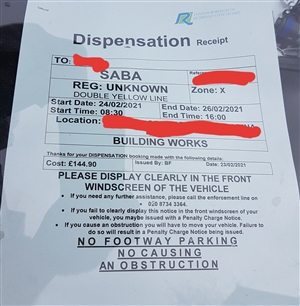Sparkingchip:
Have a listen to this before rushing to buy an electric van for work.
Thomas Nagy on Fix Radio 4th March 2021
Has anyone listened to that? There’s a skip button so you can jump through it.
Right from the start you know it’s not going to go well, there’s good reasons why a three year old Renault electric van only has 2,500 miles on the clock, that is less than four miles per working day over the life of the vehicle.

We're about to take you to the IET registration website. Don't worry though, you'll be sent straight back to the community after completing the registration.
Continue to the IET registration site